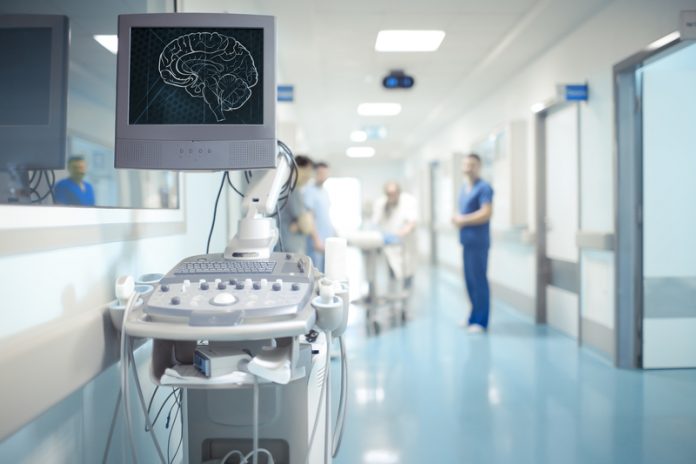France’s Ministry of Solidarity and Health say innovation in the healthcare sector is imperative and that decision makers must work to transform the system
Innovation in the field of healthcare – including access to digital tools – is set too deeply modify its traditional organisation and practices. It will reinforce access to medical knowledge for patients and healthcare professionals, contribute to finding new knowledge and let our organisation adapt to new needs linked to the population aging process or the increase of chronic diseases, for instance. It will also provide solutions that fit our current human and financial constraints.
For us and all the healthcare decision makers, it’s multiple regulation challenges. The good balance must be found between the necessary orientation towards our priorities and the liberty we must grant to innovators. Our evaluation methods must improve and adapt to new solutions regarding technology, organisation skills, and professional practices. Regulation and funding models must evolve in order to implement and expand these solutions. There is also a new reflection for us to adopt on our healthcare system – which we must start to consider as a value which will create jobs and wealth.
Innovation as a tool to address our healthcare system’s current challenges
France has always been at the forefront of medical progress – in the field of fundamental discoveries, as well as regarding practical applications. However, the challenges we face today ask for more than just encouraging medical progress as we know it.
First of all: the healthcare system. Despite limited resources, our system must transform to deliver adapted services to the patients’ chronic conditions. Beyond the quality and safety of every intervention, we must develop anticipation, coordination, and follow-ups to improve them. We must also fight territorial inequalities and guarantee access to medical expertise wherever it is necessary – in particular in rural areas.
We must develop new digital tools and services for patients and healthcare professionals, as well as self- evaluation procedures and simplified information exchanges. They will have to be integrated into the existing system. France’s excellence in the area of “health tech” will contribute to the success of this integration. The clinic appropriateness is also a major issue regarding the quality of the healthcare and its economic implications.
A revolution is expected in this area – it does not mean that professionals will be replaced by artificial intelligence but they must be given new tools to take care of every patient in a more personalised way.
The formation of our professionals is a crucial challenge as well. Remarkable evolutions have been seen – notably with the help of healthcare simulation – and must improve human reaction in difficult situations, teamwork, and relations with the patients. Our universities’ excellence in this area is well-known as they benefit from much international cooperation.
Innovation in the healthcare sector: a regulation challenge
In this context, we have to seize this opportunity to adapt our institutional environment in order to let innovation bring genuine, sustainable and accessible medical progress for our patients.
Innovation is always linked with entrepreneurs’ creativity and talent – it happens unexpectedly and we don’t choose where it does. However, we can give incitation and good indications to these innovators in order to orientate their work towards our needs and values.
We must continue further investment efforts in performance ecosystems in which new ideas can be found – Station F is one of them. But we also have to determine our priorities, for example, telemedicine programmes for our most fragile territories, healthcare in nursing homes, the struggle against chronic pathologies like diabetes.
Our evaluation models must evolve to fully prove the value created by innovations – that are by essence not to be compared with existing standards – and to properly remunerate them. Then, our databases must be able to inform us about the impact of these innovations in real life after their commercialisation.
We have to accept to lessen regulation in order to let innovations unfold. At the same time, we must guarantee a global securitised canvas that respects professional cultures. It is a challenge regarding legislative conception and collective concertation with all the parties concerned.
Conclusion
Progress is and always will be a cardinal value to our medicine and healthcare system – in which innovation is necessary and encouraged. A special office is dedicated to innovation at the Ministry of Health and Social Affairs and billions of euros of public funds are dedicated to it every year in France. However, universality, equity, and security are equally important values. Our duty is to make progress profitable for everyone, make sure that it responds to existing needs instead of creating new ones and guarantee that it does not bring commercial or ethical dangers for patients and professionals.
Minister’s Cabinet
Ministry of Solidarity and Health – France











